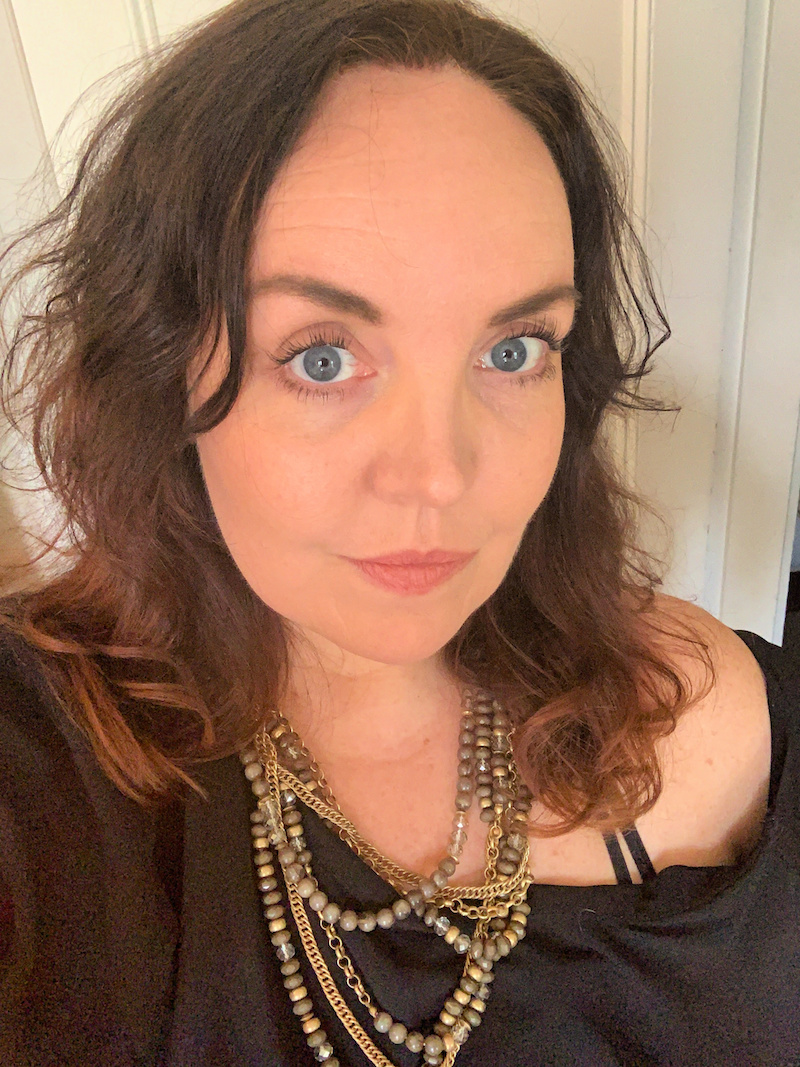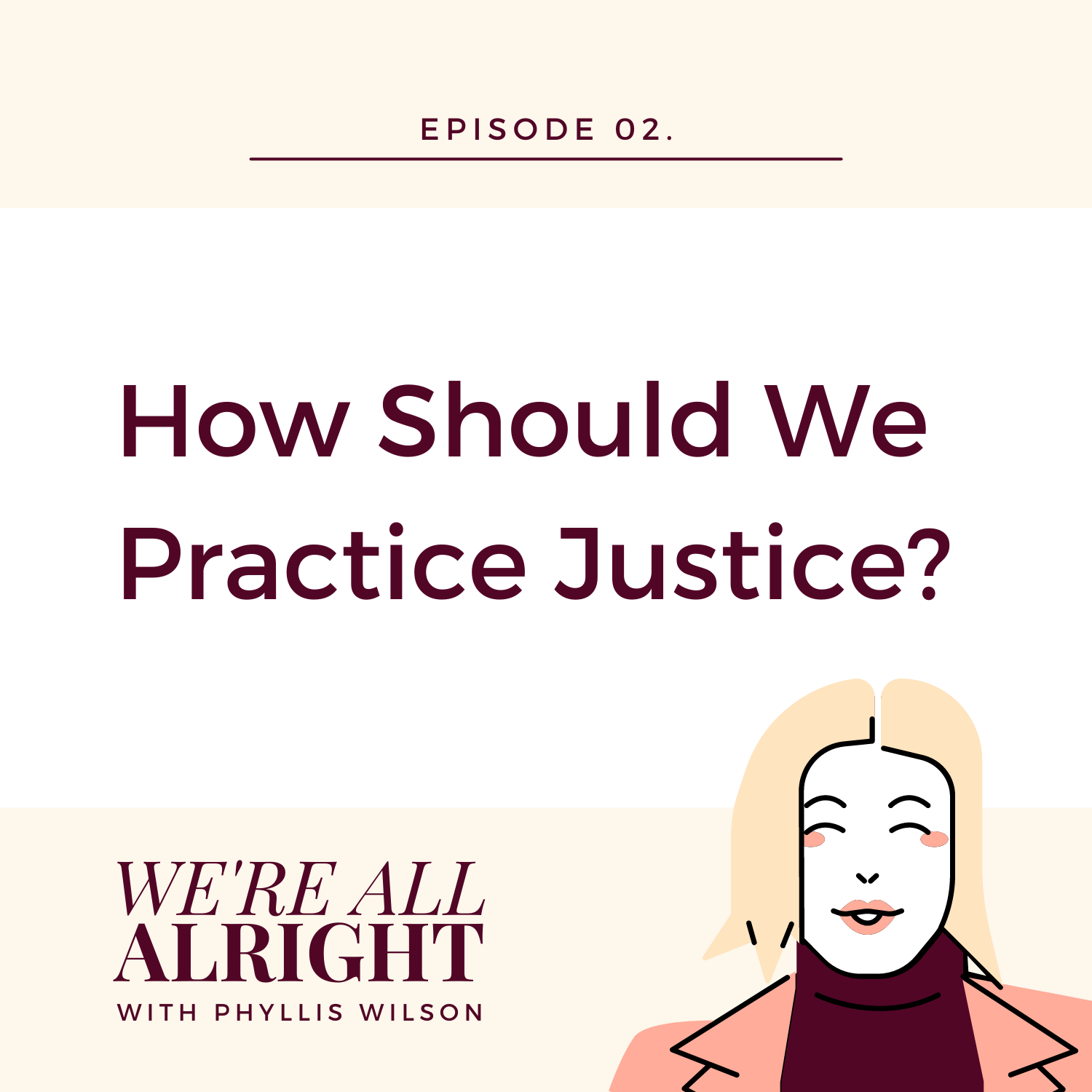EP 02: How Should We Practice Justice?
Who really benefits when punishment is the purpose of our criminal justice system? And who might benefit if the purpose was something closer to education, or health, or wellbeing?
Criminal justice, prison, and police reform have become regular parts of our national conversation…
especially since George Floyd’s murder and the pandemic continues to hit prisons hard.
But what does justice mean? What does it mean in theory? And what has it meant in practice?
Justice is a uniquely human experience and concept. And it’s also one we haven’t quite put our finger on defining, let alone enacting.
Undertaking reform is a complex, epic challenge that requires us to answer the question of what justice should mean and how we put that into practice.
RESOURCES
- RestorativeJustice.org
- National American Indian Court Judges Association on Holistic and Traditional Justice
- Dismantling the School to Prison Pipeline
- NAACP’s Legal Defense & Education Fund
- “North Dakota Reforms its Prisons, Norwegian Style”
- “North Dakota Partners with Prison Reform Initiative to Champion Healing, Restoration, and Fairness”
- “CAHOOTS May Reduce the Likelihood of Police Violence”
- “Examples Of Reimagining Police Departments That Show Promise”
- A Better Path Forward for Criminal Justice
- The Confession Tapes
- The Innocence Files
- Unbelievable
- 13th
IN THIS EPISODE
- How the US prison system was developed as a more humane alternative to corporal punishments like flogging or branding
- Why the post-emancipation Black Codes led to the disproportionate incarceration of formerly enslaved people, prison overcrowding and violence
- How restorative justice repairs harms by having all stakeholders invested in the process
- Defining justice in a framework of relationship and integration and other models of non-punitive justice


I’m Phyllis Wilson (hi!)
Thanks for joining me for another episode of We’re All Alright. I always love to hear from listeners like you!
Want to share your thoughts? Leave a comment below, or find me (and the show) on Instagram:
You can learn more about me, and about my work by exploring this website:


0 Comments
Trackbacks/Pingbacks